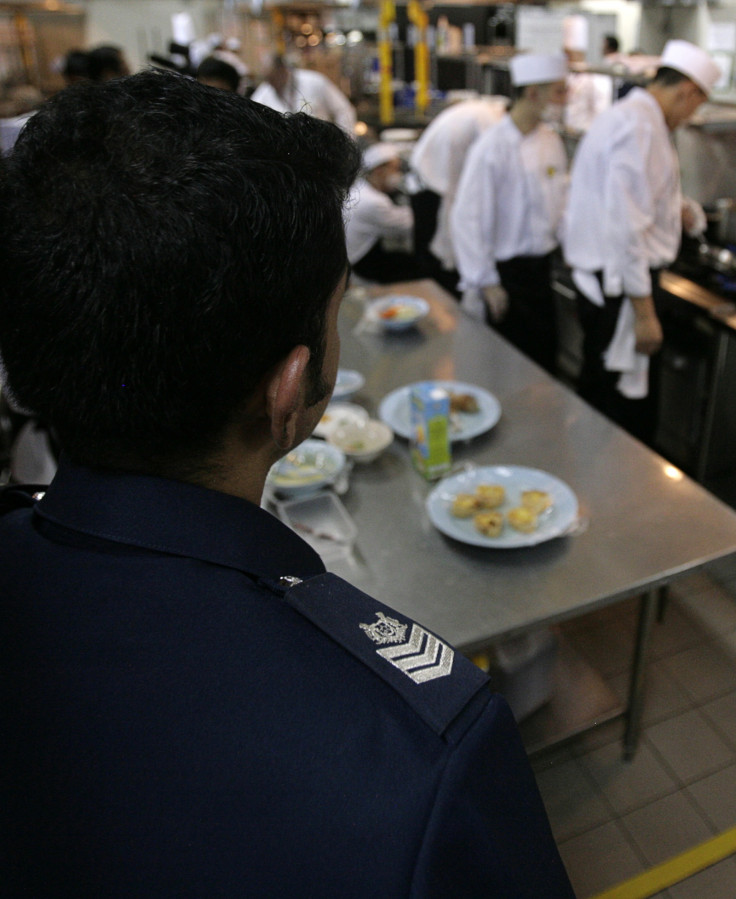Singapore to roll out 'prisons without guards' concept to beat manpower crunch
Prisons service says it will use technology to free officers from guard duties.
The Singapore Prison Service has outlined its plans to launch its "prisons without guards" concept, using technology to build a future-ready correctional service to beat the "manpower crunch".
In a statement, the department said it will rely heavily on technology to enhance operational effectiveness and automate work processes. This will, in turn, free officers from guard duties and enable them to undertake "higher-order jobs".
There will also be greater use of data analytics to deliver differentiated rehabilitation according to the risks and needs of prisoners, it said.
K Shanmugam, Minister for Home Affairs, said on Thursday (13 April) that inmates at the Tanah Merah Prison are given tablets to learn on their own and that this initiative may be extended to other prisoners in the future, Channel News Asia reports.
Speaking on the use of enhanced technology in running prisons on the island, he said: "That will really help our officers free up their time to do other things, and this will help with the manpower crunch."

In 2016, the Prisons Service upgraded the Prison Operations and Rehabilitation Systems (Ports), the prison management system that supports officers in their daily operations. The Ports II system provides additional capabilities, including a business intelligence dashboard which gives prison officers one-stop access to relevant information.
The enhanced system is also compatible with mobile devices, which gives prison officers access to inmates' data even when they are away from their work terminals, the Prisons Service added.
In 2017, the service is piloting the digital rehabilitation records management system which automates the tracking of inmates' attendance for work, counselling and other programmes. The tracking is done using a near-field communications chip that is embedded in the inmates' wrist tags.
The system allows officers and counsellors to monitor the rehabilitation activities of the inmates and provides improved analysis and understanding of their needs and progress.
And to reduce reliance on body searches, the Prisons Service is piloting the use of the millimetre-wave body scanner which screens and detects objects hidden under the inmates' clothing. The new system improves on existing security by detecting and preventing the smuggling of contraband items, the Prisons Services said.
© Copyright IBTimes 2025. All rights reserved.






















